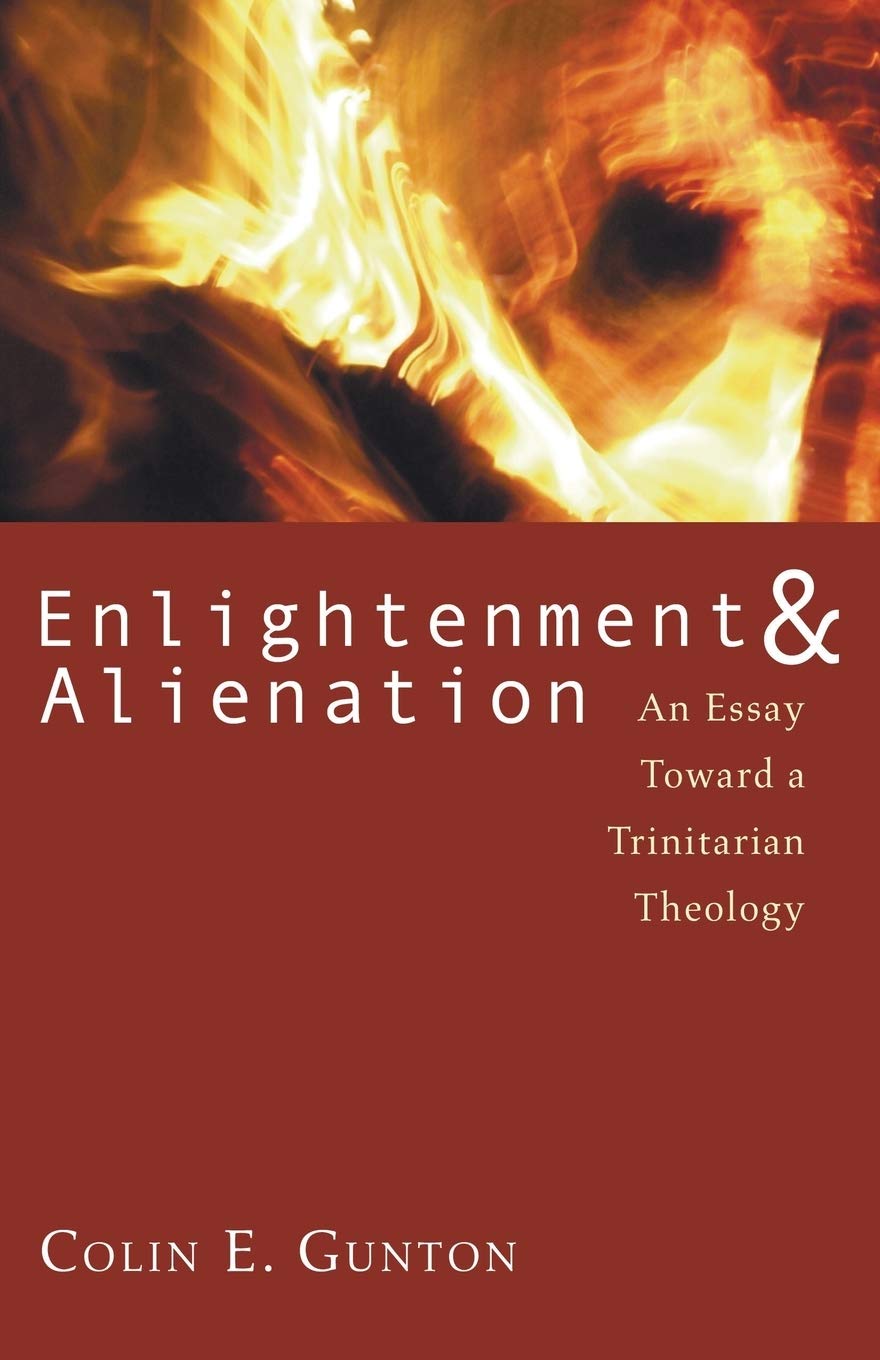
In his 1983 Templeton address, Aleksandr Solzhenitsyn began by recounting a memory from his childhood. “I recall hearing a number of older people offer the following explanation for the great disasters that had befallen Russia: ‘Men have forgotten God; that’s why this has happened’.”
As a telegraphic summary of the source of Russian ills under Communism, it would be hard to improve on those four initial words. Since Solzhenitsyn spoke them, they have served many Christian pundits in the West as a description of the disorders within liberal democratic regimes. But while this slogan boasts a certain scrappy punchiness, it doesn’t offer us much help in figuring out how the memory lapse in question was provoked.
The modern forgetting of God has many intertwined causes, some of them the result of well-intentioned efforts to sustain God’s “relevance” for people living in a culture that eclipses God’s identity. It is a forgetting induced by systemic forces, and so it will not be reversed though piecemeal efforts such as keeping God’s name on our coins or His laws memorialized in public places.
Remembering God is not like remembering your brother’s birthday or remembering where you left your car keys. Remembering God is not sustaining awareness of an isolatable fact. The God we must remember is the source of rationality in which memory and personality have meaning. He is the origin of all being and order, all truth and coherence. The God we must remember gave all of Creation its shape, then entered Creation in the form of a man, and thereby reaffirmed his love of Man and his love of all He has made. Trying to remember God as anything less is to ensure our forgetting.
If we are really concerned to remember God, we need to attend to the various dismemberings that have made it easy to forget Him. Since God has chosen to use Creation to reveal Himself, and then to reveal Himself most fully in human form, it is not surprising that the modern forgetting of God is intimately tied with confusion about the nature of the human, the nature of Creation, and the nature of human perception of Creation.
The English theologian Colin Gunton (1941–2003) left us with a number of books exploring these themes and how they relate to our understanding of God. Much of his work revolved around the doctrine of Creation and the doctrine of the Trinity, and his most insightful work interweaves those two concerns. It was through Gunton’s work that I first encountered the observation that most Christian reflection on Creation might as well be Unitarian, and that this has contributed to our careless acceptance of many modern cultural innovations. We misunderstand Creation and we misunderstand God (and thus risk forgetting Him) if we fail to acknowledge that it is in Christ that all things hold together.
One of Gunton’s earliest books is a slim volume called Enlightenment and Alienation: An Essay Towards a Trinitarian Theology. The book explores themes developed more fully in Gunton’s later writing, but I know of few volumes that summarize so well the destructive “cast of mind” introduced by the Enlightenment. As Gunton demonstrates, the confidence in allegedly unaided reason championed by the Enlightenment is intertwined with a set of assumptions about the nature of knowledge (particularly an unprecedented emphasis on precision and certainty), the nature of perception, the relationship between knowledge and belief, and the place of Man in Creation. As he traces the dominant threads in the development of modern ideas about human knowing, he introduces various critics of that main stream. There are some tantalizing excursions about the place of the imagination in the thinking of Samuel Taylor Coleridge, about the true meaning of human freedom as discussed by Iris Murdoch, and (most importantly) about the necessarily personal nature of human knowledge as explored by Michael Polanyi.
Throughout the book, Gunton keeps coming back to theology. Consider this Christological comment, part of his defense of the reliability of knowledge gained through the senses:
A world that owes its origin to a God who makes it with direct reference to one who was to become incarnate — part of that world — is a world that is a proper place for human beings to use their senses, minds and imaginations, and to expect that they will not be wholly deceived in doing so.
There are numerous “alienations” in modern culture; among those addressed here are the dismembering of knowledge from belief, the stark separation of reason from the senses (of the mind from matter), and the alleged conflict between freedom and obedience. But the alienation that Gunton is most concerned with in this book is the alienation from Creation that modern thought and culture have encouraged. By making ourselves into the makers of all meaning, we cut ourselves off from “things as they really are,” and so, as he notes early in the book, “Despite the massive advances in knowledge, understanding and the protection of human life from threats to its physical well-being, we are no more at home on the earth, perhaps less so, than other-worldly mediaeval man.”
The modern forgetting of God is not a careless slipping from consciousness of an important fact. It is a product of various idolatries that have coalesced into conventional mindsets and cultural institutions, many practiced by well-meaning Christians. In Enlightenment and Alienation (as in his other books) Colin Gunton does more than identify those false gods and how they secured the fealty of their followers: he confidently and hopefully offers encouragement for a way forward for those who wish to honor in their engagement with Creation the three-in-one true God.
This essay first appeared in the “Contours of Culture” column (Touchstone, March/April 2011)